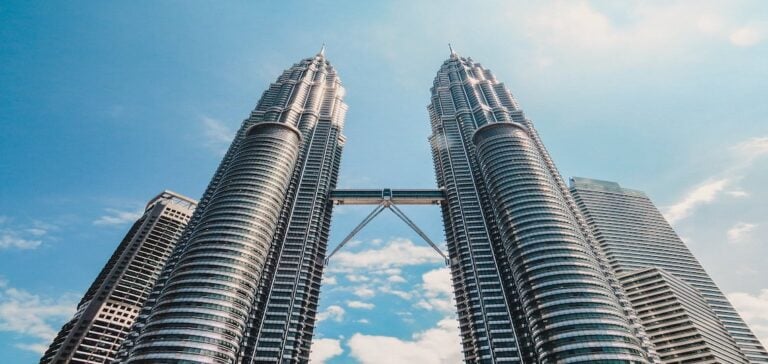Malaysia’s energy policy regulatory commission, Suruhanjaya Tenaga, is expected to publish its updated third-party access (TPA) framework for liquefied natural gas (LNG) terminals later in 2023. The new framework will contain more guidelines on how licensed importers of natural gas and LNG can access the country’s gas import infrastructure, according to an official.
A new energy era in Malaysia: an overhaul of the TPA framework and innovative projects in sight
The Energy Commission is in the process of updating the “access arrangement” document of the TPA framework and is currently working with Petronas Gas Berhad, owner of the Sungai Udang regasification terminal (RGTSU), to develop a more efficient and flexible gas facility access policy, the official said. More details will be released when the updated document is published later this year, once the Energy Commission has received the green light from the government.
The new TPA mechanism will first be tested at RGTSU before being applied to the Pengerang regasification terminal in the southern state of Johore, with application to the Pengerang terminal scheduled for next year. “The coming year will also see more policy improvements that will benefit Malaysia’s gas and LNG industries,” said the officer, adding that projects include an updated transmission pipeline policy.
Gas market liberalization in Malaysia
Malaysia is one of the world’s largest LNG exporters. In 2022, Malaysia will export 28.2 million tonnes of LNG, up 9.18% on 2021, according to data from S&P Global Commodity Insights. In 2017, the TPA mechanism was introduced for the first time in Malaysia as part of the government’s efforts to achieve a fully liberalized gas market. It has enabled authorized importers and carriers to access gas facilities, distribute and supply natural gas and LNG in the country. By launching the TPA, the government aimed to create a competitive environment as more companies enter the market, reduce gas prices and ensure the security of the country’s gas supply.
In 2019, the Energy Commission began issuing LNG import and shipping licenses with a ten-year validity to a list of Malaysian and joint venture companies. In the same year, RGTSU welcomed the first test freighter under the TPA mechanism. However, the Malaysian LNG market has not seen any active imports from these licensed importers. Compared to four years ago, LNG imports into Malaysia increased by 8.2% and were dominated by long-term cargoes from Gladstone LNG, according to SPGCI data. “We’ve imported one or two test cargoes since obtaining the license. We’re looking to import more, but the situation is not favorable,” said a licensed LNG importer. “We’re still trying to import LNG,” said a second importer.
Natural gas in Malaysia: Petronas at the heart of the game and the evolution towards new energy horizons
Currently, state-owned Petronas remains the country’s main supplier of natural gas and LNG, and the Malaysian Reference Price (MRP) continues to be the only price marker used on the domestic market. As importers gain greater access to gas facilities and import LNG into Malaysia, the market will see increasing competition and the introduction of regional price markers, according to market participants.
Natural gas remains an essential part of Malaysia’s energy mix, said Malaysian Prime Minister Dato’ Seri Anwar bin Ibrahim at the Energy Asia 2023 conference in June 2023. The National Energy Plan (NEP) (2022-2040), launched in September 2022, also highlighted natural gas as a key component for ensuring energy security and stimulating sustainable socio-economic growth in Malaysia.






















